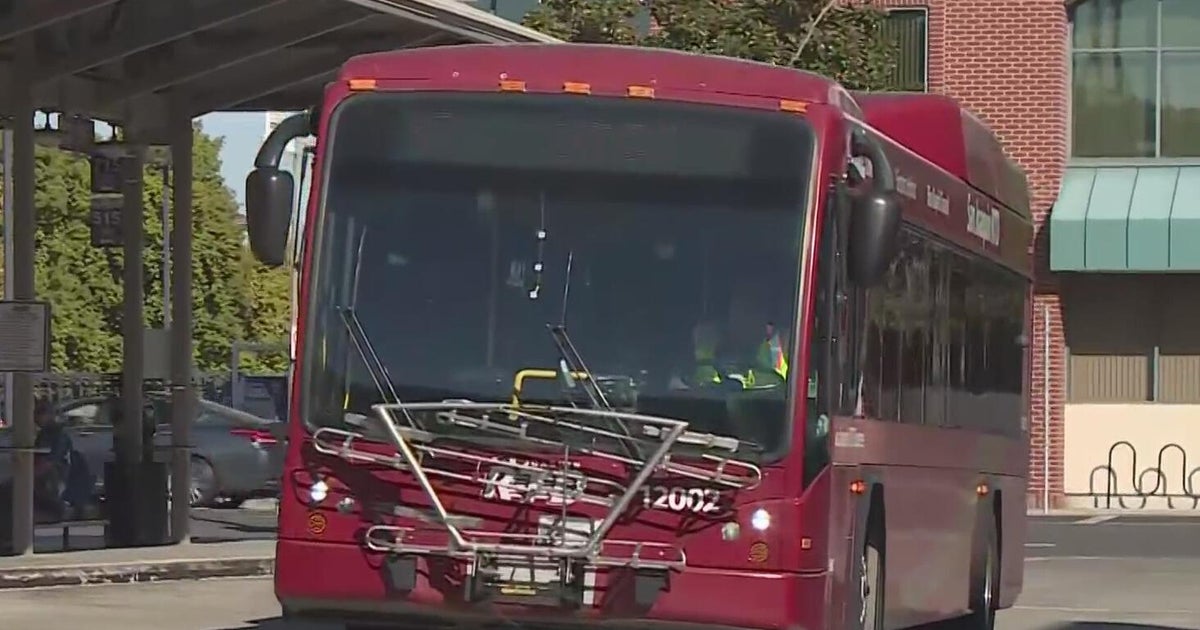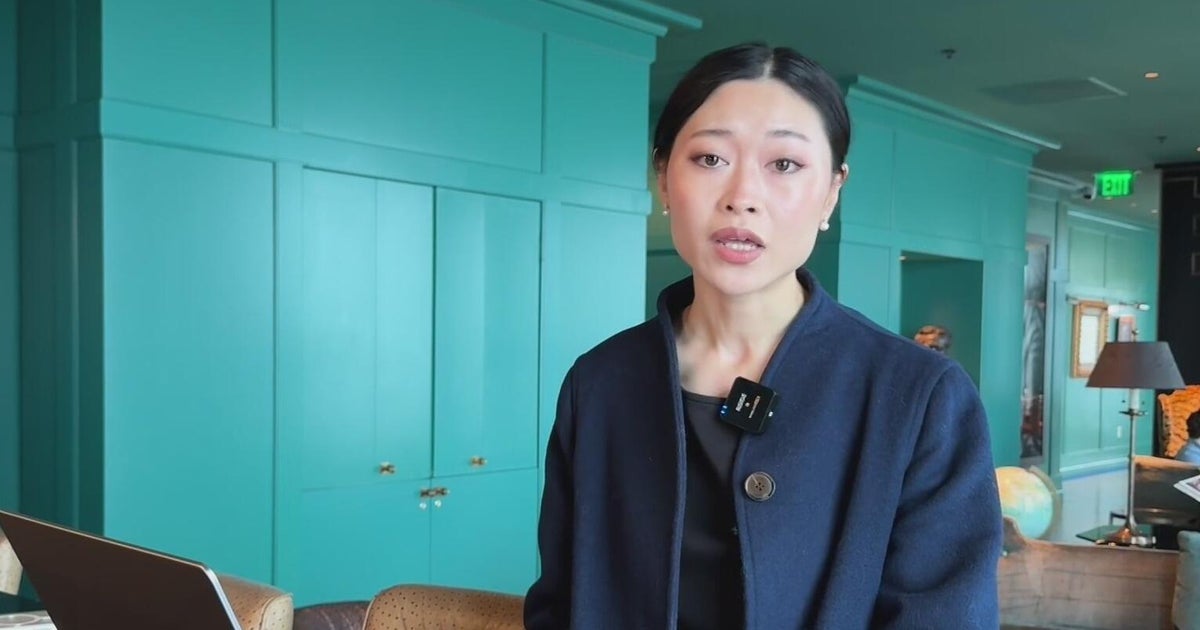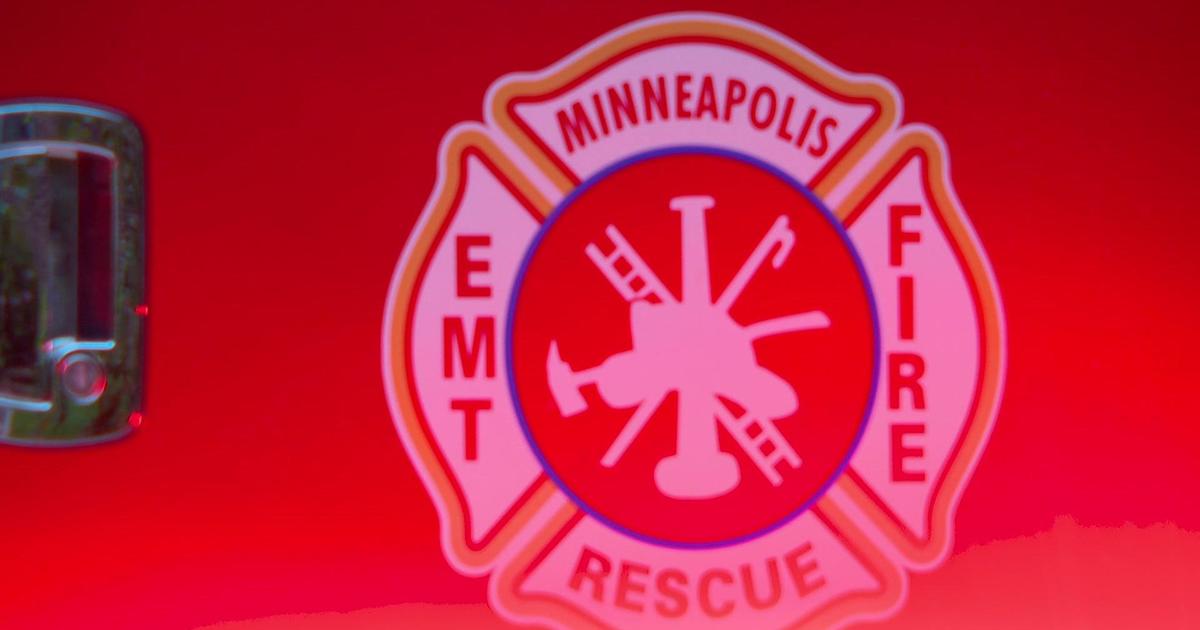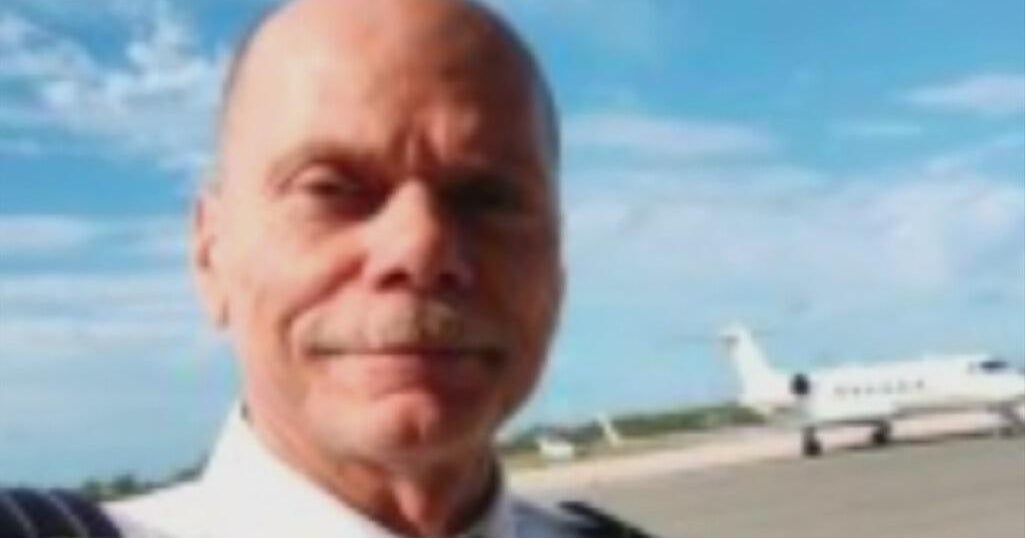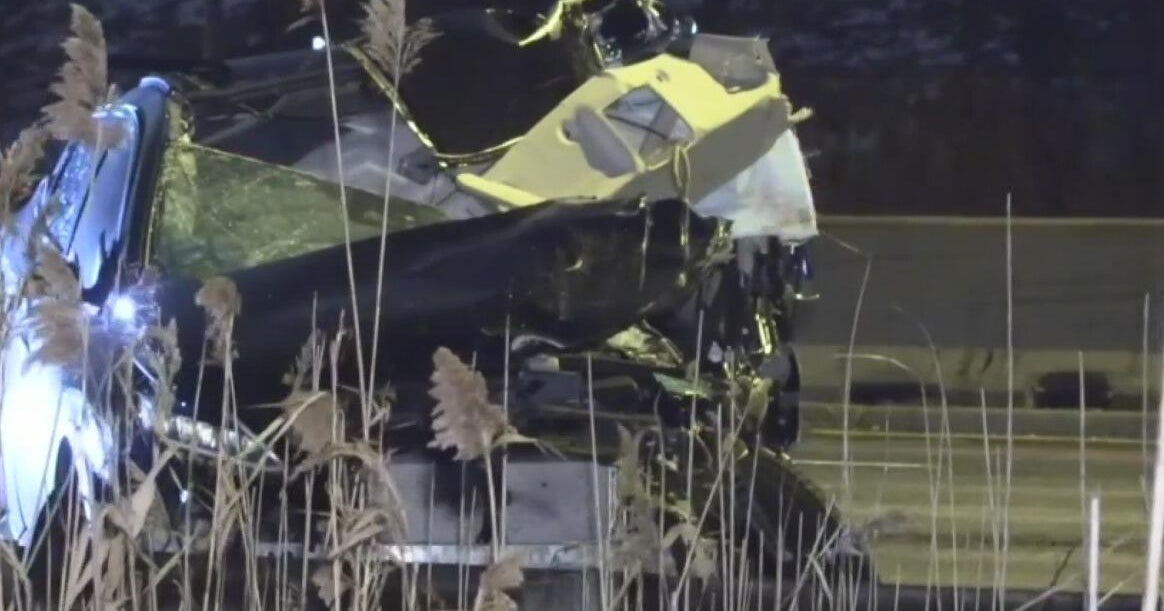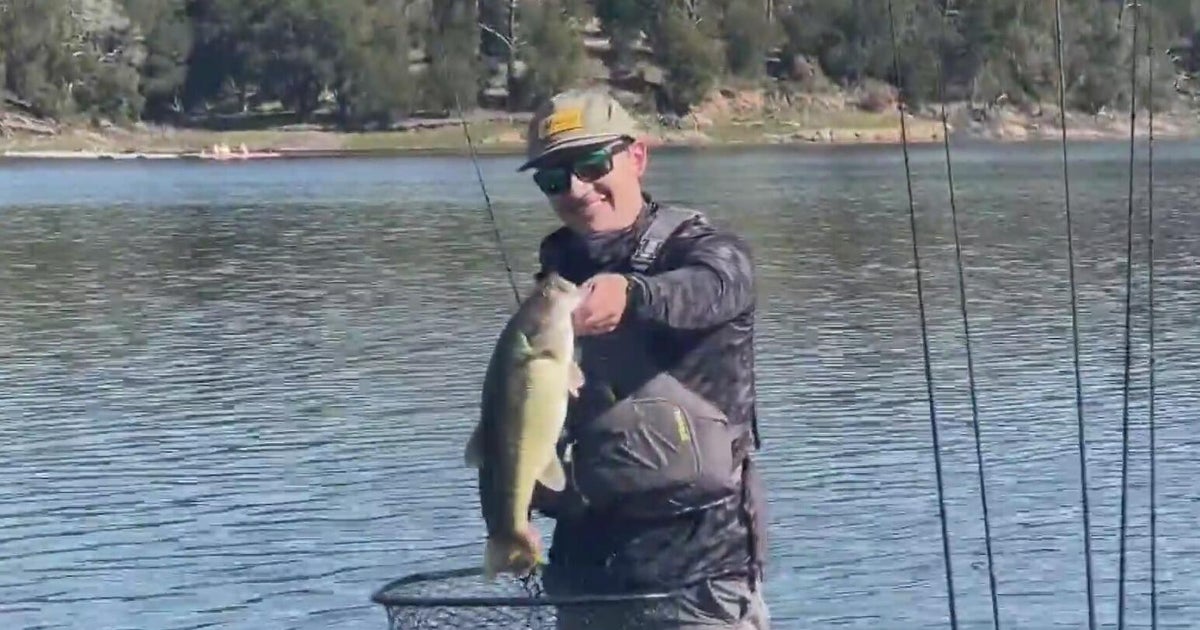Tech Report: State PUC Attempts Crackdown On Ride Share Startups
SAN FRANCISCO (KCBS) — California regulators have issued cease-and-desist orders to car-sharing startups in the Bay Area, saying the companies are essentially limousine or taxi services that need permits while entrepreneurs call it an effort to stifle innovation.
The state Public Utilities Commission claims Uber, SideCar and Lyft all act like taxi companies without meeting the permitting requirements.
Sidecar CEO Sunil Paul, who has been operating the service since June, counters that they conduct background checks on their drivers and that make sure that they are insured.
"We don't own the cars. These are private individuals that are volunteering," he said. "What we are defending is not just what we are doing as a company but an idea here—the right to share."
It's just like how Napster disrupted the music industry and how the travel industry has been revolutionized by search engines like Travelocity and Expedia; technology is also disrupting the limousine and taxi service industry with start up shared-car services.
People can use GPS and their smartphones to arrange rides, either with professionals (as is the case with one company called Uber) or with just ordinary folks as is the case with SideCar and Lyft.
KCBS Technology Report:
There's even ways you can transfer the money back and forth through technology as well as ways to vet to make sure the driver doesn't have any accidents or tickets on their record.
Regulators including the California Public Utilities Commission are now concerned and are looking into shutting down the startups.
In August the CPUC sent cease-and-desist letters to both SideCar and Lyft claiming that they don't have proper permits to operate. Both ride-shares defended themselves in court on Monday.
I'm sure the regulators want to encourage the thriving technology, but of course there are safety and legal issues that need to be taken into account.
For now, the ride-sharing companies are continuing to operate while they try to work out a deal with regulators, but PUC General Counsel Frank Lind said that non-compliance is unacceptable and that court action is a possibility.
"The next step is that they will be in trouble," Lind said citing public safety as the primary concern such a passenger getting injured in accident.
(Copyright 2012 by CBS San Francisco. All Rights Reserved. This material may not be published, broadcast, rewritten, or redistributed.)
